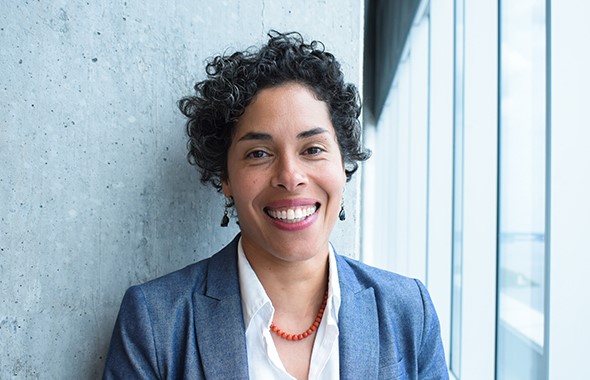One doesn’t need to spend a lot of time in the Atlantic Canada startup space before they notice a lack of diversity. Yet, the idea that diversity drives innovation is almost universally accepted.
Founders belonging to diverse groups are used to the fact that there is hardly ever another person who looks like them in the rooms they occupy. This isn’t because diverse groups are not founding startups. On the contrary, according to a Startup Canada survey, 51 percent of entrepreneurs are women and 29 percent are visible minorities.
The absence of diversity can be attributed to a myriad reasons, most prominent among them being meager funding for diverse-founder startups.
While data from Canada may be scant, numbers from the US can help us tell the story. Crunchbase reports that in 2019, teams with at least one female co-founder received only 13 percent of VC funds. In fact, although they generate more revenue per dollar invested, women-led ventures are significantly underfunded.
To address this persistent underfunding, we need deliberate and targeted efforts to increase diversity in the leadership of angel and VC organizations. Because a lot of investment decisions are made based on preconceived biases, and without representation at the table, startups led by diverse groups struggle to receive the support they need to scale.
Moreover, the concept of a “startup ecosystem” alludes to the notion that entrepreneurship does not exist in a vacuum. It exists within a support system. For diverse entrepreneurs to be effectively supported, the entire system has to understand their needs. Greater inclusion in organizations that support startups would be a great step
Entrepreneurs also need to understand that diverse leadership translates into greater ability to compete in a global and multicultural market. Unfortunately, many founders ignore this in the beginning with hopes of diversifying their teams later. Starting with the right team means that it will be easier for more people from diverse backgrounds to join your team later.
These challenges are not unique to Atlantic Canada and a look at how other regions are addressing inclusion in their startup ecosystems may help us find solutions of our own. Acknowledging that Black entrepreneurs face numerous obstacles including access to investments and lack of role models, Toronto-based DMZ started Canada’s Black Innovation Fellowship.
While we must recognize that we are so many steps away from saying our ecosystem is inclusive, we also cannot ignore the efforts that are being made right here in Atlantic Canada. The Atlantic Women’s Venture Fund and its recently launched Sandpiper Ventures for example, are working towards having more women investing and receiving investments.
Recent events have forced organizations to take a look within. My hope is that we all continue taking the hard look into our individual organizations and our ecosystem as a whole. Most importantly, I hope we work towards advancing inclusion in our startups, VC and support organizations as this is fundamental to building an ecosystem that’s truly nurturing for diverse entrepreneurs.
Alexandra McCann is the Executive Director of ONSIDE, a not-for-profit organization that collaborates with other stakeholders to develop innovation-driven entrepreneurship in Nova Scotia.
Editor's note: Given the events of recent weeks, we wanted to host a discussion on whether people from the Black, First Nations and other minority communities are welcomed, supported and funded in the Atlantic Canadian startup ecosystem. We've asked representatives of these communities to offer their thoughts. This is the fourth article in this series.










